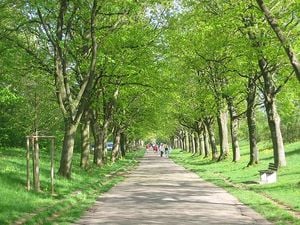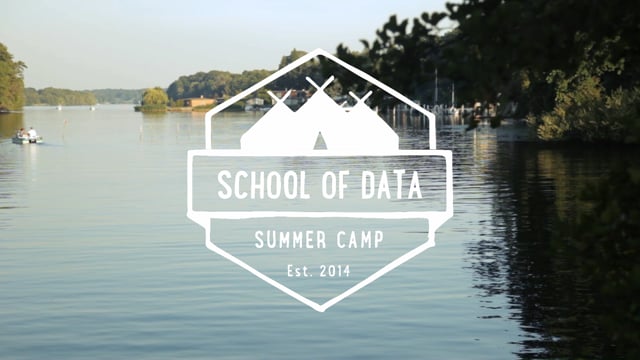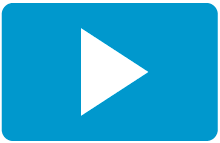
 Assumptions and omissions challenged, response to: “Not the End of the World: How We Can Be the First Generation to Build a Sustainable Planet.” book by Hannah Ritchie, news.mongabay.com (Jan 16, 2024)
Assumptions and omissions challenged, response to: “Not the End of the World: How We Can Be the First Generation to Build a Sustainable Planet.” book by Hannah Ritchie, news.mongabay.com (Jan 16, 2024)  ‘Ours could be the first generation that leaves the environment in a better state than we found it’, positive.news (Jan 16, 2024)
‘Ours could be the first generation that leaves the environment in a better state than we found it’, positive.news (Jan 16, 2024)  Not the end of the world: nine data-driven reasons to look beyond doomsday headlines, positive.news (Jan 16, 2024)
Not the end of the world: nine data-driven reasons to look beyond doomsday headlines, positive.news (Jan 16, 2024)
A page and a subsection of CASwiki place, topic and resource articles to build and share transparency, data, data awareness and data literacy for all, but especially ordinary citizens and community groups.
Events[edit | edit source]
 Mar 2 - 8, 2024 (Sat - Fri) — Open Data Day
Mar 2 - 8, 2024 (Sat - Fri) — Open Data Day
Resources[edit | edit source]
Networks[edit | edit source]
- School of Data, global network committed to advancing data literacy in civil society. Information that directly impact people’s lives is increasingly accessible but civil society is falling behind in making effective use of it. Through our global network of data literacy practitioners and trainers, School of Data seeks to address this data skills gaps in order to amplify the messages of civil society through the use of data. We level the playing field by ensuring that civil society organisations and newsrooms have the knowledge, resources and tools they need to participate fully in the information age. link checked 16:25, 23 October 2022 (UTC)
- Data for Democracy - see separate article
- Open Knowledge, worldwide non-profit network of people passionate about openness, using advocacy, technology and training to unlock information and enable people to work with it to create and share knowledge. W
Public Lab. The Public Laboratory for Open Technology and Science (Public Lab) is a community -- supported by a 501(c)3 non-profit -- which develops and applies open-source tools to environmental exploration and investigation. By democratizing inexpensive and accessible Do-It-Yourself techniques, Public Lab creates a collaborative network of practitioners who actively re-imagine the human relationship with the environment.
The core Public Lab program is focused on "civic science" in which we research open source hardware and software tools and methods to generate knowledge and share data about community environmental health. Our goal is to increase the ability of underserved communities to identify, redress, remediate, and create awareness and accountability around environmental concerns. Public Lab achieves this by providing online and offline training, education and support, and by focusing on locally-relevant outcomes that emphasize human capacity and understanding.[1]
social media
#statsforall on twitter
Visions[edit | edit source]
Books[edit | edit source]
- Beyond Transparency, 2013
Citizens data initiative[edit | edit source]
- Mongabay Data Studio, added 10:12, 29 March 2024 (UTC)
- SDG tracker, sdg-tracker.org, Measuring progress towards the Sustainable Development Goals. click on the goal icons to see data. Creative commons license and partner project of Our World in Data. added 16:22, 9 February 2022 (UTC)
- Our World in Data, "License: All the material produced by Our World in Data, including interactive visualizations and code, are completely open access under the Creative Commons BY license." added 09:33, 9 October 2021 (UTC)
- Google Earth Engine
- Earth Overshoot Day
- How's Life? 2015, Measuring Well-being oecd.org
- Worldometers, real time world statistics
Infographics[edit | edit source]
- Five Data Visualization Tools Focused on Design, July 25, 2014 Visually Blog
- infogr.am
- Data Unity
Inspiring quotes[edit | edit source]
- "Finding and extinguishing the sparks of stigma, xenophobia, hunger and poverty cannot be achieved through the collection of epidemiological data at all. Rather this requires social data, collected and reported by professors of the street, based on real-world experience." Presentation on Cape Town CANs, Cape Town Together...[2]
- "But I have realized that over time with our food delivery program the CAN team has definitely learned a huge amount of information, a lot of it not yet written down, about where the most vulnerable families are, where the church networks or neighbourhood groups are already stepping in and where the gaps are. Our main thing has been that most of this information is just in our heads. But if we sat down as a group we could probably generate a huge amount of social data of this kind for our specific area- definitely something to do in the CAN when we have a bit of time!" Manya Kenilworth CAN, Presentation on Cape Town CANs, Cape Town Together...[3]
- "... we stand on the threshold of a world in which the ordinary citizen has recourse to data-gathering, -processing and -visualization tools at least as good as, and often considerably superior to, those which local governmental institutions can bring to bear on a problem." Adam Greenfield.
Video[edit | edit source]
Other resources[edit | edit source]
- The Good Country Index measures how much each of the 163 countries on the list contribute to the planet, and to the human race, through their policies and behaviors. W added 15:46, 25 November 2020 (UTC)
- Flightradar24, global real-time flight tracking service
Citizen science[edit | edit source]
Citizen science (similar to community science, crowd science, crowd-sourced science, civic science, participatory monitoring, or volunteer monitoring) is research conducted with participation from the general public, or amateur/nonprofessional researchers or participants for science, social science and many other disciplines. There are variations in the exact definition of citizen science, with different individuals and organizations having their own specific interpretations of what citizen science encompasses. Citizen science is used in a wide range of areas of study including ecology, biology and conservation, health and medical research, astronomy, media and communications and information science.
There are different applications and functions of citizen science in research projects. Citizen science can be used as a methodology where public volunteers help in collecting and classifying data, improving the scientific community's capacity. Citizen science can also involve more direct involvement from the public, with communities initiating projects researching environment and health hazards in their own communities. Participation in citizen science projects also educates the public about the scientific process and increases awareness about different topics. Some schools have students participate in citizen science projects for this purpose as a part of the teaching curriculums.
See also[edit | edit source]
- Citizens data initiative UK
- Apps for sustainability
- Community involvement
- Maps for community action
- Open CO2
- Towards a more democratic and climate friendly way of meeting housing need across England
- Green facts
local information can be found, or shared, via our many location pages
External links
- Land Matrix, global and independent land monitoring initiative that promotes transparency and accountability in decisions over land and investment. see also Land grabbing W
- Landportal, information and knowledge sharing about land issues
References






